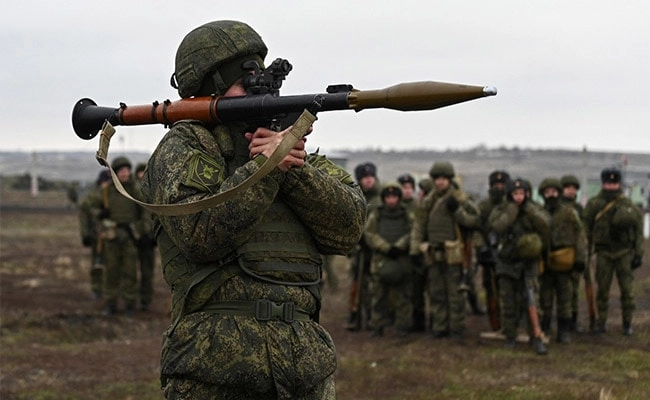During a recent visit to Mumbai, UK Prime Minister Keir Starmer announced a significant defense agreement with India, solidifying a $468 million missile deal that underscores the strengthening ties between the two nations. This agreement is a pivotal step in bolstering India’s defense capabilities, particularly in the context of its strategic interests in the Indo-Pacific region. The deal not only represents a substantial financial commitment but also highlights the UK’s dedication to enhancing military cooperation with India, which has emerged as a key player in global security dynamics.
The missile deal is part of a broader strategy by both countries to collaborate on defense and security matters, especially in light of rising geopolitical tensions in the region. With China’s increasing assertiveness and the ongoing challenges posed by various security threats, both the UK and India recognize the importance of a robust defense partnership. This agreement is anticipated to facilitate joint military exercises, technology sharing, and co-development of defense systems, further deepening the bilateral relationship.
Starmer’s visit to India also serves as a platform to foster economic ties beyond defense. The UK aims to enhance trade relations, aiming for a comprehensive free trade agreement that could benefit both economies. By engaging with Indian officials and business leaders during his trip, Starmer is not only advocating for military collaboration but also emphasizing the potential for increased trade and investment opportunities. The integration of defense and economic partnerships reflects a strategic approach to solidifying the UK-India relationship in a rapidly evolving global landscape.
This missile deal, while significant in its own right, is indicative of a larger trend towards international defense collaboration. As nations face complex security challenges, partnerships like the one between the UK and India will likely play a crucial role in establishing stability and security in the region. The successful implementation of this agreement could pave the way for further collaboration, reinforcing both countries’ positions as key players in international defense and security affairs.




